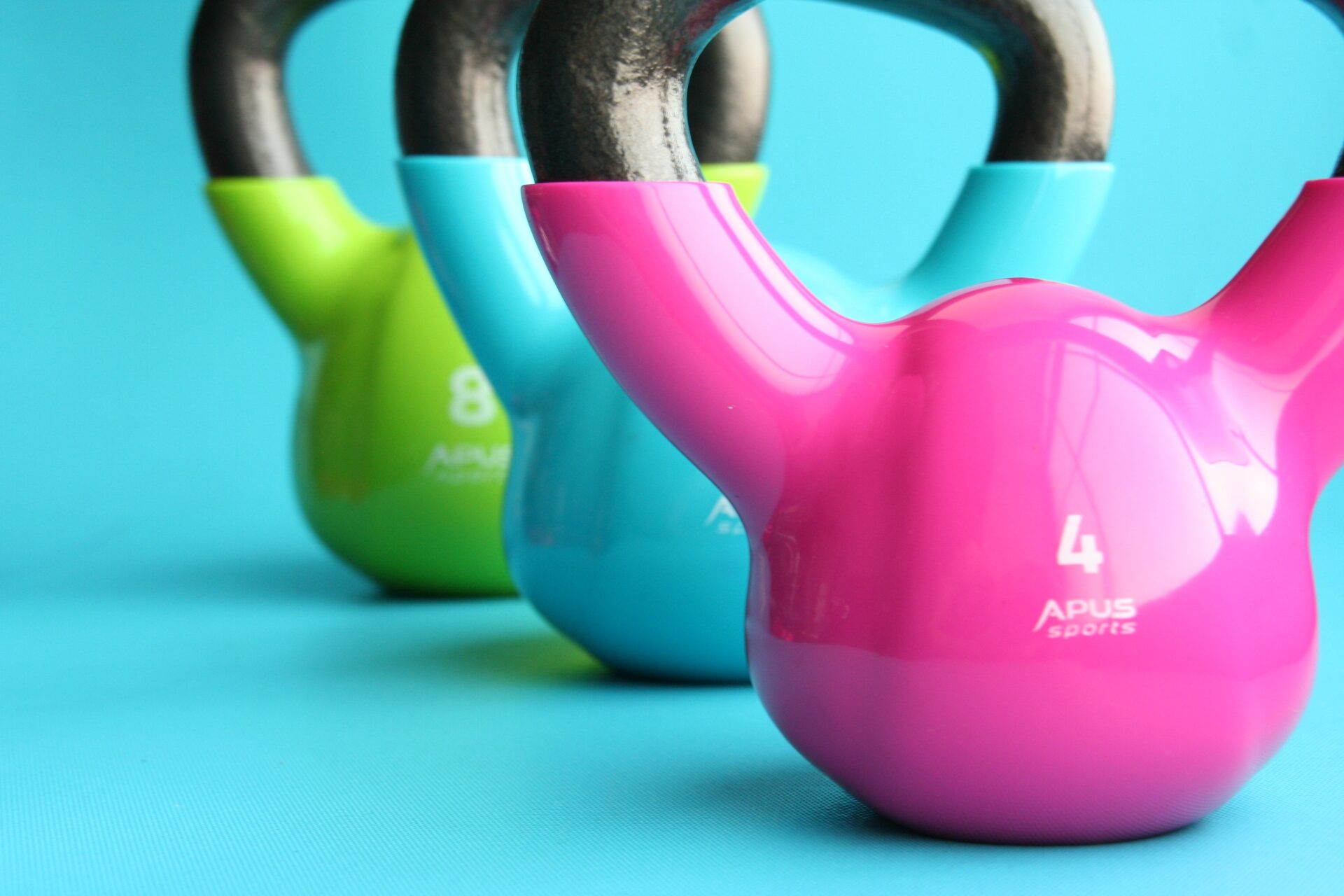
There are many ways in which individuals with social anxiety can benefit from movement. One of the unique aspects of using regular physical activity as a form of treatment is that it provides the patient with a sense of accomplishment, agency, and self-empowerment. This helps the patient to feel responsible for the improvement noted in their symptoms in a way that they would not necessarily feel by taking medication.
While pharmacological management may be needed to treat severe forms of social anxiety, regular exercise may negate the need for medication in mild to moderate forms. This is because physical exercise works to increase the production of certain neurochemicals (such as serotonin, norepinephrine, and dopamine), which are the neurotransmitters that are thought to be deficient in anxiety disorders and that some medications aim to re-equilibrate.
Aside from the immediate mood-enhancing and stress-relieving benefits of regular physical activity, exercise also provides self-esteem boosting changes such as achievement of a healthier body weight and increased energy levels. As one begins to feel better about themselves through the mental and physical transformations that regular exercise affords, social integration may be facilitated.
Those struggling with anxiety about social scrutiny may have fears of exercising in public. My recommendation is to start exercising in a way that feels most comfortable in the beginning stages because the aim at that point is simply behavioral activation. This is akin to starting to do something good for yourself before actually feeling like doing it. So, we want to aim for activities that seem less daunting to just get the process started. This could be eased by doing workout videos in the privacy of one’s home followed by gradually exercising in the outdoors. Once confidence is built and social physique anxiety is alleviated, one can then start exercising in a gym to take advantage of the multitude of equipment and classes available.
Having a workout buddy or partner may help one to feel accountable and less self-conscious as well. Individual workouts with a personal trainer may be an option for those less comfortable with the class environment.
Also, cognitive behavioral therapy (CBT) with a psychotherapist may be very useful to examine the distorted, automatic, and negative thoughts that perpetuate anxious states. These thoughts can lead to fears of social integration, both in and out of the gym, and can be targeted with cognitive restructuring techniques in CBT. Medications such as SSRIs or SNRIs may also be necessary for some patients to alleviate such symptoms.
Once someone with social anxiety feels comfortable exercising in a gym environment around others, classes can provide a great opportunity to make the exercise feel more fun and communal. Oftentimes, many of the same people may frequent a class week after week, which can facilitate social interactions and even lead to relationships both in and out of the gym.
The energy in the room that group exercise affords can also provide motivational enhancement in a way that solitary exercise on a machine may not. Having a group fitness instructor whose music, flow, and technique are appealing may also foster regular attendance and, possibly, social interactions with other class-goers. Furthermore, the exposure therapy of regular group exercise may help someone with social anxiety realize that many of their perceived fears of social scrutiny are not quite valid.
Nutrition is another vital part of self-care and wellness, as focusing on exercise without attention to the quality of one’s diet would be like negating half of the equation. Plus, we need to eat properly to propel ourselves through physical activity and to make regular exercise a sustainable lifestyle change. I like to tell my patients to focus on mindful eating, which means being aware of what they are eating and when, as so much of overeating occurs because people are distracted and lose sight of how much they are consuming.
Eating small meals at regular intervals, such as every 2-3 hours, can help to keep blood sugar levels steady and prevent the phenomenon of reactive hypoglycemia, which occurs when large spikes in insulin release are followed by subsequent dips in blood sugar levels.
Focusing on lean proteins, vegetables, whole grains, and healthy fats while minimizing the consumption of added sugars and refined carbohydrates may help to maximize this glucose balance. This is important because blood sugar fluctuations throughout the day can contribute to mood and anxiety instability as well as irritability.
It is also important to minimize processed/packaged foods with artificial preservatives and vegetable oils, which are pro-inflammatory in nature. Sticking to whole, real, nutrient-dense foods, pastured or grass-fed meats and eggs, and healthy fats such as olive or avocado oil are good places to start.
Minimizing high-glycemic index carbohydrates such as white bread, pasta, and refined sugars is also helpful as these foods can have addictive properties and cause craving and food addiction in susceptible people. The potential weight gain and sluggishness that these dietary choices create can perpetuate social anxiety.
Caffeine can also contribute to heightened anxiety and irritability, which is why it is helpful to consume it in moderation and avoid caffeinated beverages or foods after 2:00pm. Taking your coffee as half caf/half decaf or alternating with tea may be easy adjustments to make. It is also necessary to be aware of how caffeine may interact with psychiatric medications and to adjust your coffee habit accordingly.
As can be seen, there are multiple factors within one’s control that may help alleviate social anxiety. A solid working alliance with a trusted mental health professional can help one create a treatment plan to reach their goals.
Written by: Dr. Goksin Ozkarahan, M.D.
There are many ways in which individuals with social anxiety can benefit from movement. One of the unique aspects of using regular physical activity as a form of treatment is that it provides the patient with a sense of accomplishment, agency, and self-empowerment. This helps the patient to feel responsible for the improvement noted in their symptoms in a way that they would not necessarily feel by taking medication.
While pharmacological management may be needed to treat severe forms of social anxiety, regular exercise may negate the need for medication in mild to moderate forms. This is because physical exercise works to increase the production of certain neurochemicals (such as serotonin, norepinephrine, and dopamine), which are the neurotransmitters that are thought to be deficient in anxiety disorders and that some medications aim to re-equilibrate.
Aside from the immediate mood-enhancing and stress-relieving benefits of regular physical activity, exercise also provides self-esteem boosting changes such as achievement of a healthier body weight and increased energy levels. As one begins to feel better about themselves through the mental and physical transformations that regular exercise affords, social integration may be facilitated.
Those struggling with anxiety about social scrutiny may have fears of exercising in public. My recommendation is to start exercising in a way that feels most comfortable in the beginning stages because the aim at that point is simply behavioral activation. This is akin to starting to do something good for yourself before actually feeling like doing it. So, we want to aim for activities that seem less daunting to just get the process started. This could be eased by doing workout videos in the privacy of one’s home followed by gradually exercising in the outdoors. Once confidence is built and social physique anxiety is alleviated, one can then start exercising in a gym to take advantage of the multitude of equipment and classes available.
Having a workout buddy or partner may help one to feel accountable and less self-conscious as well. Individual workouts with a personal trainer may be an option for those less comfortable with the class environment.
Also, cognitive behavioral therapy (CBT) with a psychotherapist may be very useful to examine the distorted, automatic, and negative thoughts that perpetuate anxious states. These thoughts can lead to fears of social integration, both in and out of the gym, and can be targeted with cognitive restructuring techniques in CBT. Medications such as SSRIs or SNRIs may also be necessary for some patients to alleviate such symptoms.
Once someone with social anxiety feels comfortable exercising in a gym environment around others, classes can provide a great opportunity to make the exercise feel more fun and communal. Oftentimes, many of the same people may frequent a class week after week, which can facilitate social interactions and even lead to relationships both in and out of the gym.
The energy in the room that group exercise affords can also provide motivational enhancement in a way that solitary exercise on a machine may not. Having a group fitness instructor whose music, flow, and technique are appealing may also foster regular attendance and, possibly, social interactions with other class-goers. Furthermore, the exposure therapy of regular group exercise may help someone with social anxiety realize that many of their perceived fears of social scrutiny are not quite valid.
Nutrition is another vital part of self-care and wellness, as focusing on exercise without attention to the quality of one’s diet would be like negating half of the equation. Plus, we need to eat properly to propel ourselves through physical activity and to make regular exercise a sustainable lifestyle change. I like to tell my patients to focus on mindful eating, which means being aware of what they are eating and when, as so much of overeating occurs because people are distracted and lose sight of how much they are consuming.
Eating small meals at regular intervals, such as every 2-3 hours, can help to keep blood sugar levels steady and prevent the phenomenon of reactive hypoglycemia, which occurs when large spikes in insulin release are followed by subsequent dips in blood sugar levels.
Focusing on lean proteins, vegetables, whole grains, and healthy fats while minimizing the consumption of added sugars and refined carbohydrates may help to maximize this glucose balance. This is important because blood sugar fluctuations throughout the day can contribute to mood and anxiety instability as well as irritability.
It is also important to minimize processed/packaged foods with artificial preservatives and vegetable oils, which are pro-inflammatory in nature. Sticking to whole, real, nutrient-dense foods, pastured or grass-fed meats and eggs, and healthy fats such as olive or avocado oil are good places to start.
Minimizing high-glycemic index carbohydrates such as white bread, pasta, and refined sugars is also helpful as these foods can have addictive properties and cause craving and food addiction in susceptible people. The potential weight gain and sluggishness that these dietary choices create can perpetuate social anxiety.
Caffeine can also contribute to heightened anxiety and irritability, which is why it is helpful to consume it in moderation and avoid caffeinated beverages or foods after 2:00pm. Taking your coffee as half caf/half decaf or alternating with tea may be easy adjustments to make. It is also necessary to be aware of how caffeine may interact with psychiatric medications and to adjust your coffee habit accordingly.
As can be seen, there are multiple factors within one’s control that may help alleviate social anxiety. A solid working alliance with a trusted mental health professional can help one create a treatment plan to reach their goals.
By: Dr. Goksin Ozkarahan, M.D.



